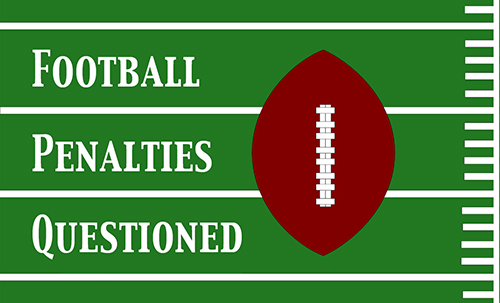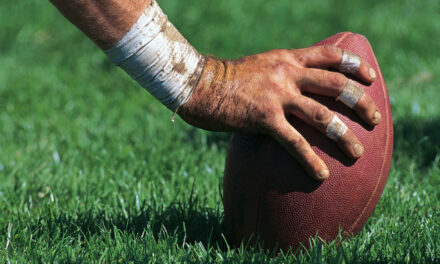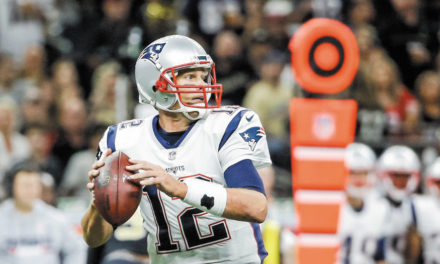
I fully intended to devote this column to review the Super Bowl that the Kansas City Chiefs won last week. But I have to spend time discussing one of the post-game narratives that arose after the Chiefs victory.
The play in question came in the waning minutes when Kansas City was attempting to run out the clock while nursing a three point lead. The Chiefs needed one more first down to seal the game. On a third down and long play, a Philadelphia defender clearly held a Chief receiver. We all saw the replay after a referee saw it live and threw his penalty flag.
Defensive holding was called and with the penalty came an automatic first down. The first down enabled Kansas City to run out the clock to win its second Super Bowl in four years.
Not surprisingly, the media, including social media, went off. The narrative was all the same. The penalty, one that both the defensive player and the Eagles head coach admitted was a penalty, should not have been called since it basically ended any comeback hopes Philadelphia envisioned.
I never thought I would be in the minority in the belief that a penalty or a foul should be called no matter when it occurs in the game. How can a sporting event have any credibility if there are different rules at the end of a game?
Did Philly deserve another chance to pull out a comeback win? Not in my world. I fully believe that the pass Chiefs quarterback Patrick Mahomes threw to the receiver that was held would have been a touchdown. Why was the pass overthrown you ask? Because the receiver was held en-route to where Mahomes, the best passer in the NFL, threw the ball. 
Have you wondered what the end of games would look like if referees and umpires stopped following rules that were enforced early in games?
One recent incident occurred just last week. LeBron James was clearly fouled with one second left in a tie game. No call was made and game went to overtime where the Los Angeles Lakers lost.
The sporting world came to James’ defense asking how the call could not be made. You cannot have it both ways.
Let’s look at some other scenarios if referees let stuff go late in close games.
Can umpires not call a player out at home plate because it would break a tie?
Can a soccer referee not call a play offsides and take a goal away because the score would break a tie?
Can a basketball referee not call traveling because the extra step taken led to a game-winning basket?
Can a hockey referee not penalize a player for tripping an opponent who was breaking free for a possible game-winning goal?
Why is it so hard for people to understand that a penalty or a foul called early in a game has to be called consistently throughout the ENTIRE game?
Simple logic. Of course, simple logic is not so simple these days










